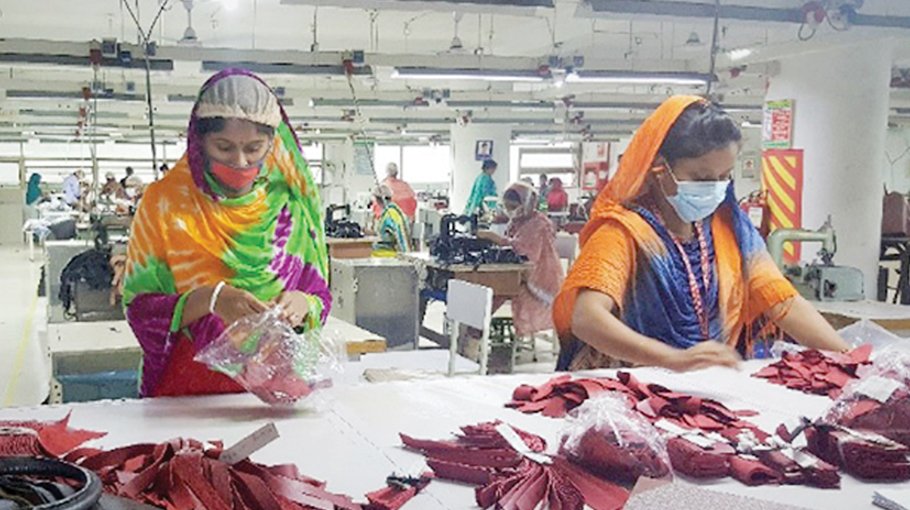Lack of LWG certification
Leather industry struggling to overcome challenges

Due to lack of Leather Working Group (LWG) certification, Bangladesh imports LWG-certified finished leather worth approximately Tk 1,000 crore annually to meet international standards.
But the country collects 10 million to 12 million cowhides locally every year, of which almost half are collected during Eid-ul-Azha.
The country’s leather and leather goods industry still faces a tough competition in the global market for not having LWG certificate. LWG certification is crucial for exporting leather products as it ensures environmentally sustainable leather production.
Currently, only six tanneries in the country have LWG certificate. But neighbouring country India has 139 certified tanneries, followed by China 103 and Italy 68.
A study conducted by Bangladesh Small and Cottage Industries Corporation (BSCIC) last year finds several reasons for this gap. The study report points to lack of the capacity at Central Effluent Treatment Plant (CETP), lack of compliance understanding among tannery owners, mismanagement
of solid waste, and subpar internal environmental standards within tanneries.
Jamal Uddin Ahmed, an ex-professor at Institute of Leather Engineering and Technology said that shifting the leather industry to Savar from Hazaribagh was a step forward, and necessary infrastructure has been built.
“But the factory environment was not ensured and central waste treatment plant was not constructed properly, failing to meet international standards. Many factories also remain outdated, operating as they did before the move,” he added.
President of Tannery Workers Union Abul Kalam Azad said that both environmental and social compliance are badly needed for boosting the leather sector. Factories lack both environmental and social compliance, which prevents them from obtaining LWG certification. “So, international brands are not importing our leather products.”
Industry experts, however, suggest the formation of a dedicated leather board to address these issues. This board could oversee the modernisation of factories, ensure proper waste management, and enforce compliance with international standards.
President of Bangladesh Tanners Association Shaheen Ahmed said that export of leather and leather products has dropped. “Export orders have come down steeply. At the same time, local demand for leather and leather goods is also decreasing. In fact, our leather industry is going through a difficult time now.”
According to Bangladesh Leather Goods and Footwear Manufacturers and Exporters Association, the local trade volume is higher than its exports. It was $14 million in 2018. However, 40 percent of local demand was met through imports. The demand for leather and leather goods has now dropped below $10 million.
Leather industry expert Jamal Uddin Ahmed blamed tannery owners for the dismal picture of the country’s leather sector.
There are tobacco and tea boards in the country, he said, suggesting formation of a separate board for the leather sector.
The government is set to form a separate authority to promote this sector. As part of this initiative, the Ministry of Industries released the draft law titled ‘Bangladesh Leather Industry Management Authority Act-2024’ on its website before Eid.



